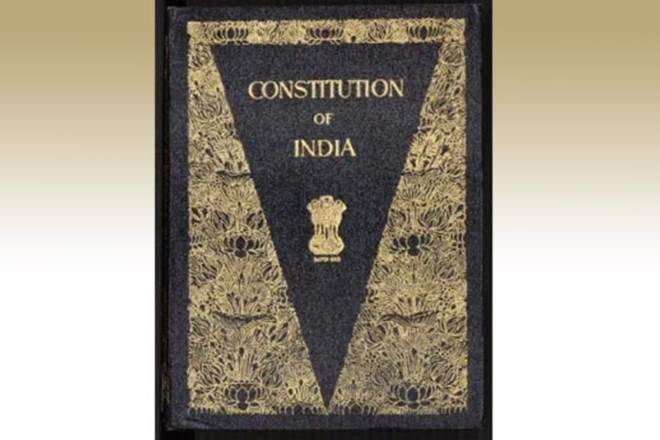Mandatory Covid-19 vaccination drive by the state is for the greater benefit of the society and is not a negative coercive reinforcement. Such a drive does not impair any of the rights guaranteed under Chapter III of the constitution. Hon’ble Mr. Justice Biswanath Somadder and Hon’ble Mr. Justice H.S. Thangkhiew held that, “A harmonious and purposive construction of the provisions of law and principles of equity, good conscience and justice reveals that mandatory or forceful vaccination does not find any force in law leading to such acts being liable to be declared ultra vires ab initio.” In Registrar General Vs. State of Meghalaya [PIL No.6/2021]
Brief facts of the case are that an order was passed by the deputy commissioner which made it mandatory for shopkeepers, vendors, local taxi drivers and others to get themselves vaccinated before they can resume their businesses. The issue before the Hon’ble court was whether such a mandate was valid with respect to the fundamental rights of the citizens.
The courts analyzed this issue in light of the right to life and livelihood which was included under the ambit of article 21 in Olga Tellis & Ors vs. Bombay Municipal Corporation & Ors. [1986 SC 180]. The individual’s personal rights would deemed to be violated if the vaccination is forced on them. However, if any compulsory vaccination drive is coercive by its very nature and spirit, it assumes a different proportion and character. Article 19 (6) states that reasonable restrictions can be imposed on such rights if it is in the interest of the public’. It was also observed that the burden to sensitize the citizens and disseminate information regarding the vaccination lies with the government. “The welfare nature of the State isn’t for coercive negative reinforcement by seizing their right to livelihood, proscribing them to earn from their occupation and/or profession without any justification in the garb of public interest, but lies in walking together with concerted efforts attempting to effectuate a social order as mandated under Article 38 by approaching the people directly by engaging them in one-to-one dialogues and dwelling on the efficiency and the positive aspects of administering of the vaccine without compromising its duty under Article 47 nor abrogating its duty to secure adequate means of livelihood under Article 39(a)”
It was also observed that while issuing any kind of interventions causing behavioral change, such an intervention must be adaptive in nature meaning that the people must be educated about the impact of the intervention. The guidelines must be interpreted as persuasive advisory and not as a coercion. Furthermore, the health department further laid down 7 points to ensure that the vaccination is directory and not mandatory. It also directed vendors and establishments to put up posters indicating whether they were vaccinated or not. This will ensure that the customers can make an informed decision and calculate all risks.
Thus, such a policy cannot be held to be violative of the fundamental rights and is only persuasive advice.


